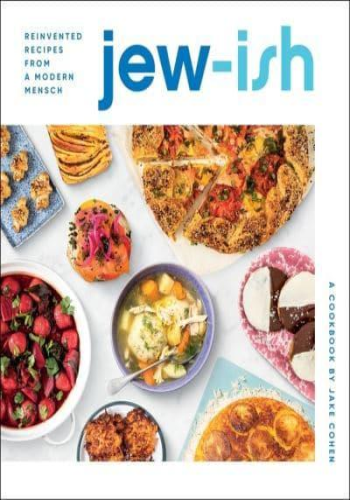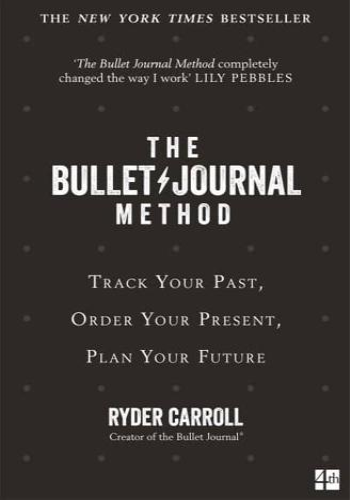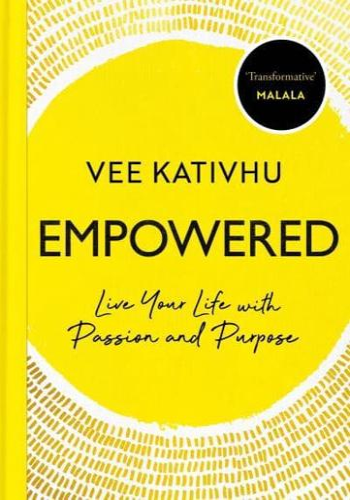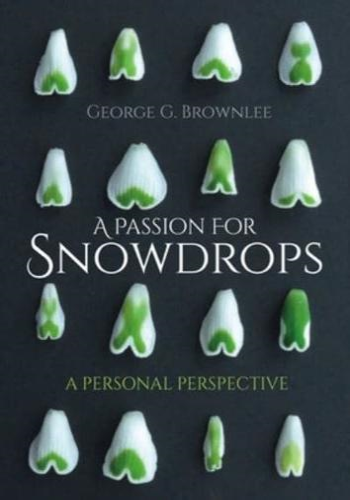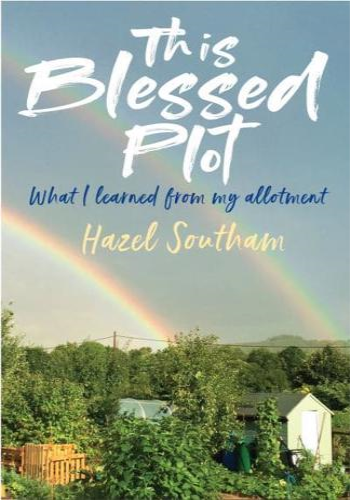A New York Times bestseller!
A brilliantly modern take on Jewish culinary traditions for a new generation of readers, from a bright new star in the culinary world.
When you think of Jewish food, a few classics come to mind: chicken soup with matzo balls, challah, maybe a babka if you're feeling adventurous. But as food writer and nice Jewish boy Jake Cohen demonstrates in this stunning debut cookbook, Jewish food can be so much more.
In Jew-ish, he reinvents the food of his Ashkenazi heritage and draws inspiration from his husband's Persian-Iraqi traditions to offer recipes that are modern, fresh, and enticing for a whole new generation of readers. Imagine the components of an everything bagel wrapped into a flaky galette latkes dyed vibrant yellow with saffron for a Persian spin on the potato pancake, best-ever hybrid desserts like Macaroon Brownies and Pumpkin Spice Babka! Jew-ish features elevated, yet approachable classics along with innovative creations, such as:
- Jake's Perfect Challah
- Roasted Tomato Brisket
- Short Rib Cholent
- Iraqi Beet Kubbeh Soup
- Cacio e Pepe Rugelach
- Sabich Bagel Sandwiches, and
- Matzo Tiramisu.
Jew-ish is a brilliant collection of delicious recipes, but it's much more than that. As Jake reconciles ancient traditions with our modern times, his recipes become a celebration of a rich and vibrant history, a love story of blending cultures, and an invitation to gather around the table and create new memories with family, friends, and loved ones.

